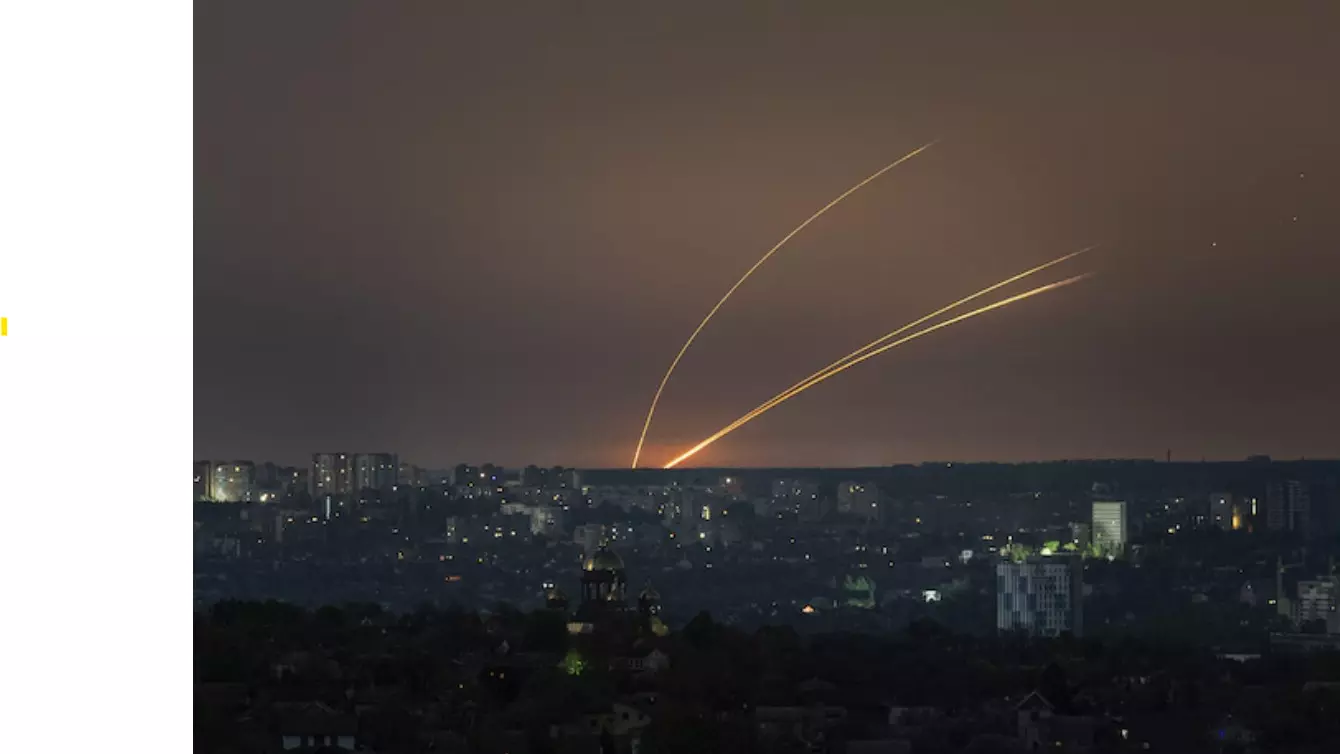An alarming escalation

What started as a bilateral conflict between Israel and Hamas on October 7 last year, is now on the verge of taking the form of a full-blown crisis. In response to Hamas’ insensible decision of attacking Israeli citizens and taking many of them hostages, Netanyahu-led Israel crossed all limits by launching an unprecedented offensive in the Gaza Strip which ravaged the region and killed civilians in huge numbers—also displacing a majority of the population across the country. What Israel did in the Gaza Strip is not justifiable by any account. In fact, it did not stop there, and committed an ‘alleged’ genocide in Lebanon as well, through a disproportionate retaliation against Hezbollah’s offensive.
Netanyahu, though not the sole perpetrator of the conflict in the West Asian region, appears to be blinded by a sense of power and authority. His motivation for going the extreme route appears to be driven by two factors. Firstly, there has been a nationalistic sentiment across the country following the Hamas attack on October 7 last year. One may recall that before the onset of the war, Netanyahu was fighting a losing battle inside Israel, in political terms. Power-hungry Netanyahu had little left to lose before the conflict broke out.
The second factor that has emboldened him is perhaps the support of the US-led West—oscillating between pledges of cooperation to complete silence and mild rebukes. Needless to say the US has done little to contain the crisis in West Asia, and more to fuel it further. Iran's Ambassador to India, Iraj Elahi, is reported to have said: "We have seen what America has done in Afghanistan, in Iraq, in Libya, and many other parts of the world. So, we believe that the US is behind many developments leading to the instability of the region”. Despite all the claims of peace-seeking behaviour by the US, this allegation can not be written off altogether.
Thanks to Netanyahu’s belligerence, the conflict has now moved beyond Hamas and Hezbollah, drawing Iran in direct conflict, which would give reasons/excuses to the United States to jump into the war in a more proactive manner. The US’ National Security Advisor Jake Sullivan has already heralded that "there will be consequences, severe consequences" in the wake of the “significant escalation” by Iran. At the same time, while Israel has vowed serious retaliation against Iran’s “failed attempt”—as Netanyahu puts it—Iran’s armed forces joint chief of staff General Mohammad Bagheri has warned in explicit terms: “If the Zionist regime, that has gone insane, is not contained by America and Europe and intends to continue such crimes, or do anything against our sovereignty or territorial integrity, tonight’s operation will be repeated with much higher magnitude and we will hit all their infrastructure.”
Meanwhile, the implications of this escalation ripple far beyond Israel and Iran. Neighbouring nations, including Jordan and Iraq, have already closed their airspace, while global oil markets brace for disruptions. Iran is a key oil producer, and any significant conflict could severely impact global energy supplies. Analysts predict that if Israel targets Iranian oil infrastructure in retaliation, it could send oil prices skyrocketing past USD 100 per barrel. Such a scenario would wreak havoc on global economies already under strain from inflation and sluggish growth.
The path forward is fraught with peril. For Netanyahu, the political stakes are high. Failing to respond forcefully risks undermining his leadership and emboldening Israel’s enemies. Yet a disproportionate response could unleash a chain of retaliations that would leave the region in ruins. There seem to be no saints in this conflict. At this critical juncture, the last thing that the world can afford is yet another dangerous miscalculation from any of the parties involved!



